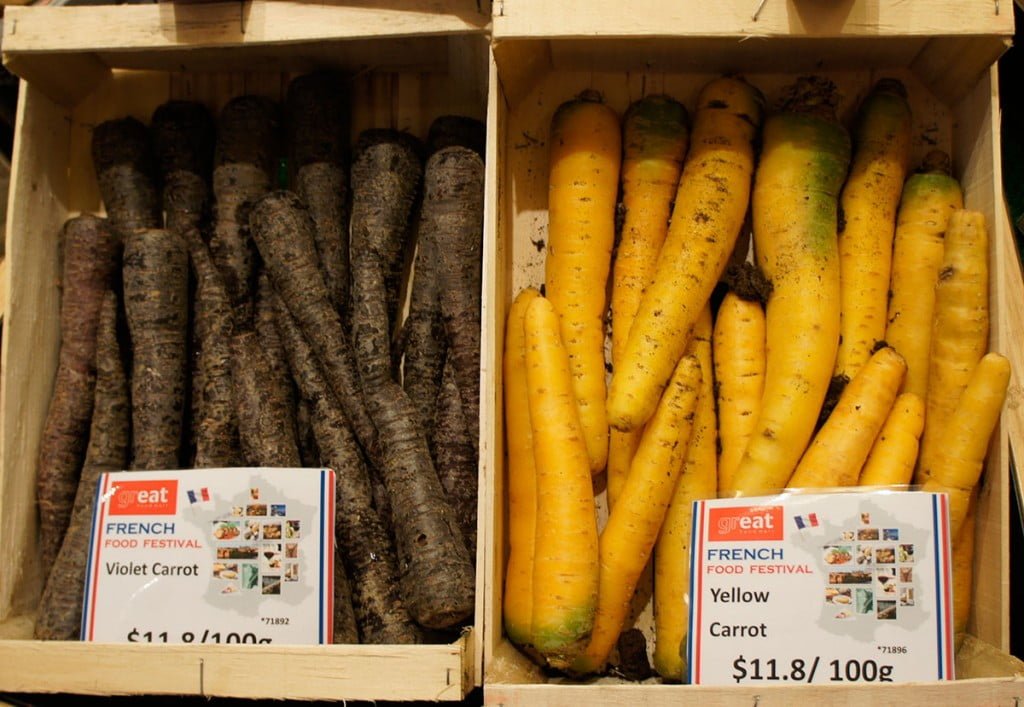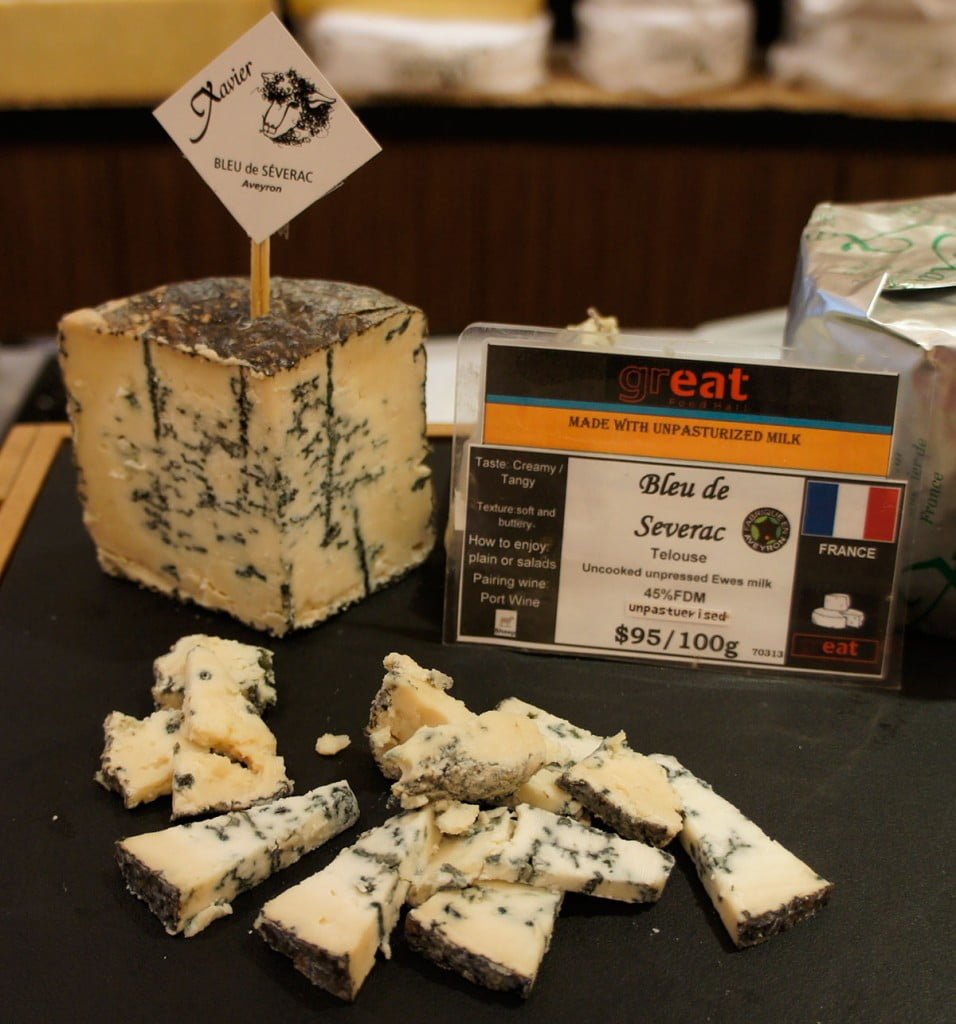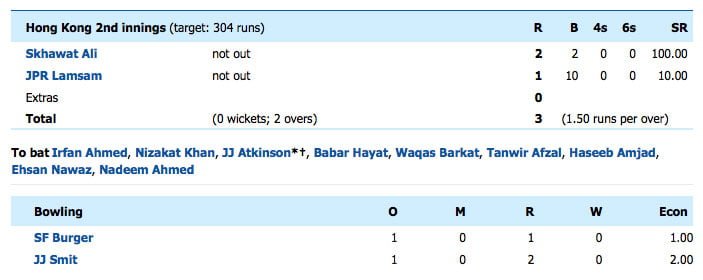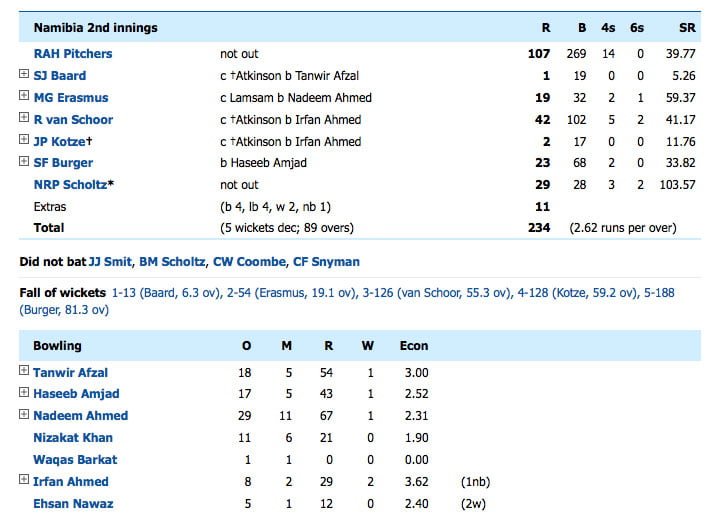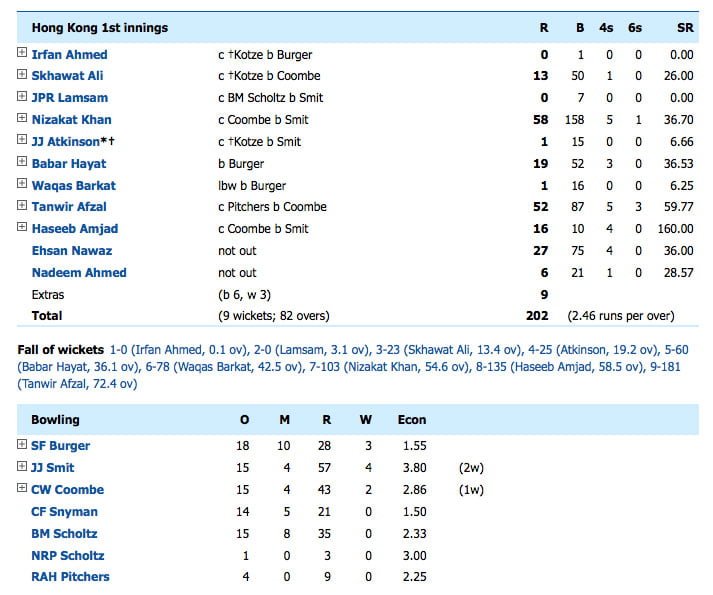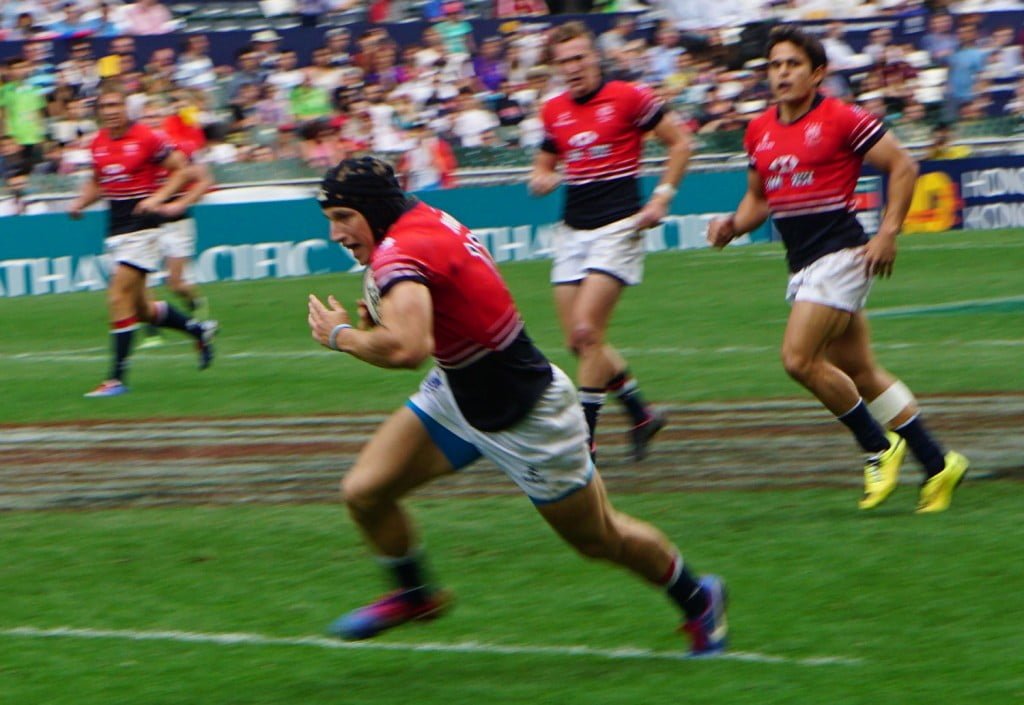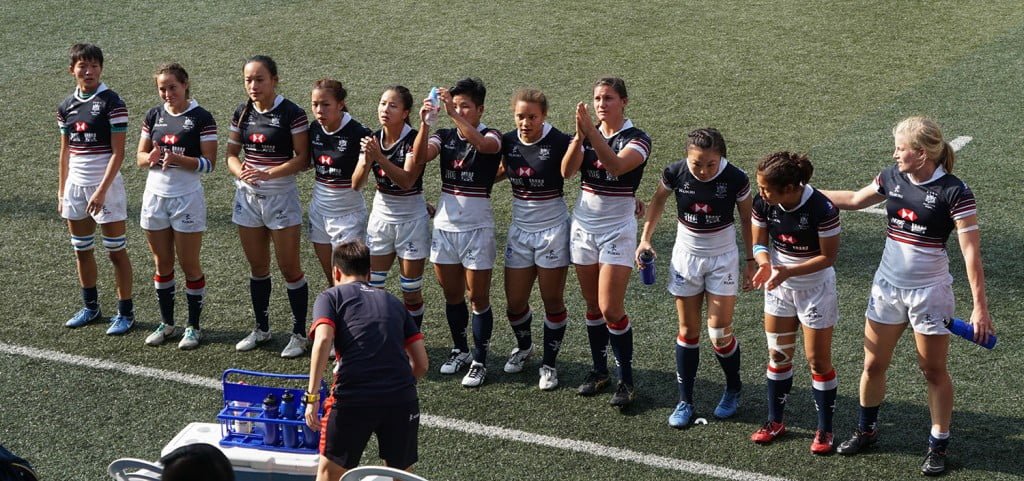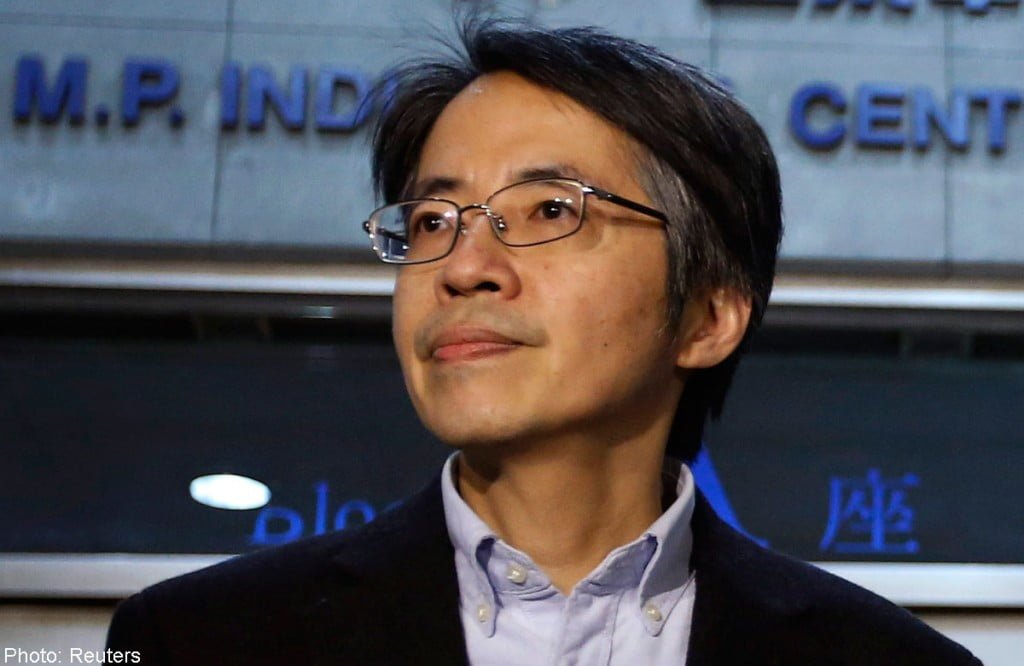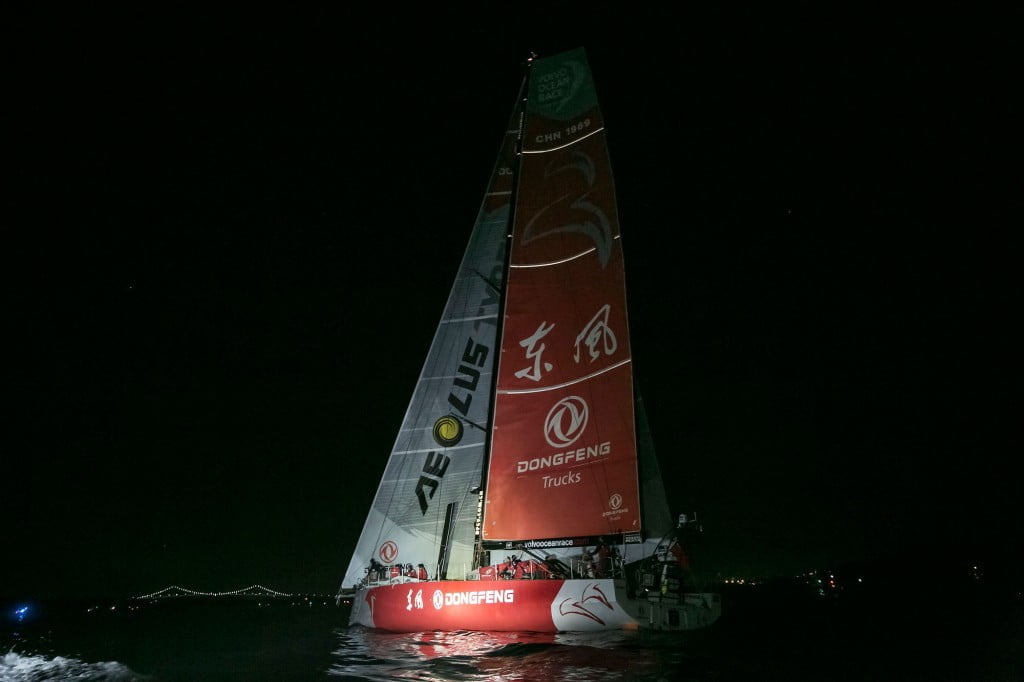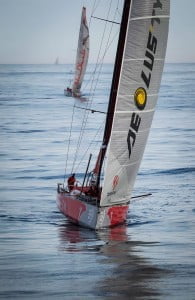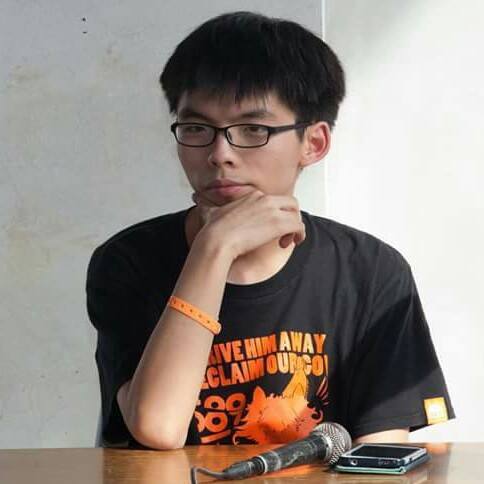
Honourable Chair and honourable members of the Standing Committee,
I am Joshua Wong, Convenor of Scholarism, a 18-year-old University Student now. Thanks for the Canadian Parliament’s invitation, giving me the opportunity to be one of the Hong Kong representatives to share here.
Today, from a student’s perspective, I hope that I can share my experience and exposure in these social movements since my age of 14, illustrating how the Central Government of China oppress the future of the next generation in the aspects of political systems and education. I hope my sharing will help to enhance the international concern about Hong Kong’s democratic progress.
On July 1st 2003, there were 500 thousand Hong Kong people walking out on the street to protest against the Article 23 of Basic Law which oppressed freedom of speech. In addition, the People also strive for the realization of the Universal Suffrage. The huge participation in that incident did not only cause the stepping down of Tung Chee Hwa who was then the Chief Executive, but also the withdraw of Article 23 on Basic Law.
Since then, we can observe that the Central Government began to have a strong feel about a need to strengthen the Hong Kong people’s identity recognition to China or the Chinese Communist Party. As a result, focusing at the identity issue of the young people and students, in 2011, the Education Department announced that all Primary and Secondary schools in Hong Kong must launch the subject of National Education in their curriculum.
In that National Education subject, there were quite many parts emphasizing the student’s need to establish the obedience as well as the pride towards the Chinese Communist Government, with the standards such as students were expected to feel touched with tears in front of the National Flag during the ceremony. That means, the National Education subject was in fact more than education subject, but a brain washing tool!
If the nature of the Education was to develop the young people’s independent thinking capability, this National Education subject definitely violated this education principle. It illustrated that the Central Government just viewed Hong Kong as a ruled obedient, without any respect towards the youth and students’ right to attain a proper citizenship, including the right to criticize the government.
Since then, I had a strong awareness that not only political parties and teacher’s unions protest against the National Education Subject, therefore, 4 years ago, at the age of 14, I established a student organization, Scholarism, gathering a few hundreds secondary students who supported the core values of democracy and freedom. We walked onto the street, protesting, promoting our values and expressing our requests, gaining a lot of supports from the Hong Kong People in a very short time.
Later, with the exposure of the Government’ brain-washing education material to the public, called “The China Mode”, which described the Chinese Communist Party as an “advanced, selfless and united ruling organization”. With that exposure, the whole city’s protest temperature against the National Education was raised rapidly. With the hungers strike of students and 120 thousands people’s occupation at the Central Government Office, the Government was forced to put a side the National Education Subject. At that time, I was only 15.
Previously, people thought that political movement can only be lead by political parties and worker’s unions. No one could imagine that secondary school students could plan a social movement. After the success of the Anti-National-Education Movement, more people showed their concerns and give support about the social actions from the student organizations.
Many people began to discover that it was the students’ energy, persistence, determination and courage which had enabled them to stand upon the stage of History for a more equal political system. This was why after the Anti-National-Education Movement, Scholarism continued to strive for the Universal Suffrage.
Last year, there were various joint activities with Federation of Student, expressing our dissatisfaction against the 31,August decision, including student strike jointed by more than one thousand students and ten thousand university students and the Septermber 26’s action of re-entering of Civil Plaza which triggered the Umbrella Movement.
In the nearly 80 days’ Umbrella movement, there is not yet any achievement, regardless of the participation of 200 thousand Hong Kong People. But through my experience in the participation of social movement, I want to tell every honorable congressman here and all the Chinese in Canada, after going though the days from Anti-National-Education Movement and the days of the Umbrella Movement, the lives of students in Hong Kong is no longer the same.
The generation of extensive political awareness has already begun. This is the reason why I still have hope even though there is none of achievement from the Umbrella Movement, even though those pro-China people are continuously oppress academic freedom, even though there are continuous political legal prosecutions against the protesters.
All the honorable congressman here, you may think that in a democratic country, maybe politics should be the professional participations of political parties and politicians. Social movement in the street should only be organized by a minority group of idealistic university students. But from 4 years ago till now, the age of social movement participants are declining in Hong Kong.
The phenomenon in the Umbrella Movement is that: Some 13-year-old children would participate in student strike on the street, and some 14 year-old girls would stand firm against tear gas equipped with googles and masks , while some other 15 year-old students would be arrested due to civil disobedience. Junior Form student become activist.
I understand that there are many calculations related to international politics, every day you may attend to this kind of hearings as routine and perhaps there won’t be much impact on your next election no matter you care about issues in Hong Kong or not.
But please think in different position, the children participating in the Umbrella Movement, actually are similar in age with your sons and daughters in your houses.
Maybe you have difficulty in understand why these students, living in an international financial centre, would rather risk their future to push the social reform, regardless of the risk of being blacklisted from entry into China or leaving offense record which may affect their career.
Although the young people understand that the participation of social movement may affect their future career, yet when they also discover that they can’t see any future in the current system, changing the current social system should be the only way out!
I hope that Canada Congress can continue to concern about Hong Kong’s situation, and exert the influence and pressure to the China Government since maintaining international oversight and engagement is an effective way for supporting democratic freedoms and human rights in Hong Kong.
This is the end of my sharing.
Source: https://www.facebook.com/joshuawongchifung/posts/834264353332741
———————————————
我是學民思潮召集人黃之鋒,現時是一個十八歲的大學一年級生,在此感謝加拿大國會的邀請,讓我能夠成為其中一個香港代表,有機會在此與各位國會議員作出分享,過往因著參與反國教運動和雨傘運動,促使我成為一個學生運動領袖,盼望今天能夠以學生角度,向大家分享我從14歲參與社會運動至今的所見所聞,述說中央政府怎樣在政制和教育層面壓制香港下一代的未來,盼望增加國際間對香港民主進程的關注。
自從2003年7月1日50萬名香港人走上街頭,反對壓制言論自由的《基本法》23條立法,並要求落實普選,促使當時的特首董建華下台,以及《基本法》23條無限期擱置,引致中史政府一直認為香港必須加強港人對中國的身份認同,特別針對是年輕人和學生人心未回歸的身分認同問題,結果促使教育局在2011年宣佈翌年必須在全港中小學推行國民教育科,固然香港現時作為中國的一部份,推行國民教育在本質上不是問題,但當課程內容多番強調學生必須建立對中共政權的順服和自豪感,甚至誇張得表示學生看到國旗流淚才是符合標淮,只反映這個科目不單是國民教育,更是洗腦國民教育。若然教育的本質應是培訓年輕人擁有獨立思考,但國民教育科卻是違反原意,政府這種強行灌輸愛黨情懷的做法,可見政權只視香港為被統治順民,從不尊重學生和年輕人擁有公民意識和權利去批判政府。
從那個時後開始,我深信不只是政黨和教師工會方可以反對洗腦國民教育科,便在四年前創立學生組織學民思潮,與數百個支持民主、自由等核心價值的中學生走上街頭,透過遊行、示威和街頭宣傳表達訴求並爭取市民支持,最後因著政府的《中國模式》洗腦教材曝光,描述中國共產黨是「進步、無私和團結的執政集團」引致全城反對聲音越演越烈,終學民思潮的中學生絕食以及12萬人佔領政府總部的情況下,迫使政府擱置國民教育科,而那個時候的黃之鋒只有15歲。
過往港人認為政治運動只能夠由政黨和工會帶領,無人想象高中生也有能力策劃社會運動,學生在媒體曝光策劃行動完全是難以想象,但自從反國教運動成功以後,便有更多人關注學生組織的動向,發現學生的年輕、堅持、決心和勇氣也同樣能夠讓他們站在歷史的舞台上,為著香港未來爭取更平等的政制而發聲,這也促使了學民思潮在反國教後繼續爭取普選,並在2014年與學聯一起組織各種行動表達對「人大八三一」決定的不滿,包括是過千名中學生和以萬計的大學生罷課,以及9月26日的重奪公民廣場行動促使雨傘運動的出現。
在雨傘運動近八十天的佔領裡,即使有著二十萬港人參與其中,也尚未能爭取甚麼成果,但我想透過我參與社會運動的歷程,告訴各位加拿大的國會議員以及華人,從反國教走到雨傘運動,香港的學界以已經活得不再一樣,全面政治化的年代已經開始,這也是在運動未能取得成果後,縱使親中人士打斷打壓學術自由,透過政治檢控打壓抗爭者,我還抱有盼望的主要原因。
各位身處民主國家的國會議員們,在民主化的國家,政治也許是政黨和政客們的專利,即使是街頭運動也只是由部份抱著理想主義的大學生策動,但從2011年走到2015年,香港參與社運的年齡不斷下調,雨傘運動呈現的狀況是13歲剛升上中學的孩子便會參與街頭罷課、14歲的小女孩帶著眼罩、口罩及安全帽抵禦催淚彈,以及15歲學生參與公民抗命繼而被捕。
即使我明白國際政治充滿著數之不盡的利益和計算,每天參與這些聽證會也只是你們的例行公事,可能關注香港事務與否跟你們的選票也沒有太大影響,但請你們切身處地思考一下,在香港曾參與雨傘運動的孩子,其實和你們家中兒女年紀也差不多,也許你們不太明白這群居於國際金融中心、經濟發達城市裡的學生,為何不惜被列入黑名單不能前往中國大陸、留有案底難以找到工作,也要奉上自已的前途去促成社會改革,但當中共政權從承諾2007年落實普選,待至2017年也只是給一個假普選香港人,只因即使年輕人能明白自已參與社會運動會影響前途,但當年輕人根本見不到這個社會體制給予他們甚麼前途,改革這個社會體制便是唯一的出路,盼望你們能夠繼續關注香港的狀況,透過製造國際輿論向中央政府斯壓。
 In Europe cheese is an everyday food item and it’s common to have several types in the fridge all the time. Locally however cheese, like ice-cream, has been and continues to be priced as a luxury item. Architect/Entrepreneur Tom Higgins is looking to change that with his new cheese delivery website www.cheesebytom.com The Lamma based site currently offers Brie, Double Gloucester, Emmental, Cheddar, Gruyere and Manchego and delivers across Lamma and also to Hong Kong island once a week. We ordered the Cheddar ($35/250g) and the Brie ($50/250g) both are good solid very edible cheeses, perfect to be enjoyed at anytime. Yes, you can find finer cheeses around but cheesebytom returns cheese to everyday item it should be – at a price accessible to all HongKongers.
In Europe cheese is an everyday food item and it’s common to have several types in the fridge all the time. Locally however cheese, like ice-cream, has been and continues to be priced as a luxury item. Architect/Entrepreneur Tom Higgins is looking to change that with his new cheese delivery website www.cheesebytom.com The Lamma based site currently offers Brie, Double Gloucester, Emmental, Cheddar, Gruyere and Manchego and delivers across Lamma and also to Hong Kong island once a week. We ordered the Cheddar ($35/250g) and the Brie ($50/250g) both are good solid very edible cheeses, perfect to be enjoyed at anytime. Yes, you can find finer cheeses around but cheesebytom returns cheese to everyday item it should be – at a price accessible to all HongKongers.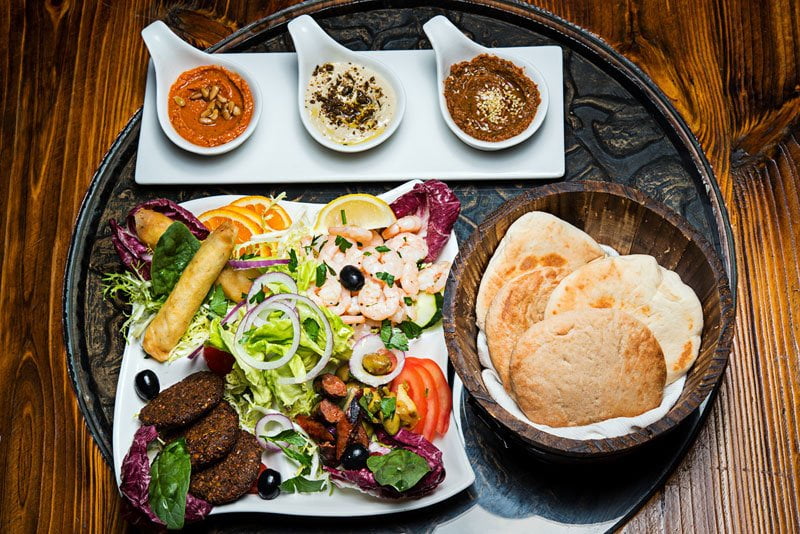 Also in the area is the wonderful Middle Eastern restaurant Ra (Wing On Plaza, Tel: 2721 3600) which offers a mix of Moroccan and Egyptian cuisine and for those who like it some of the best shisha in Hong Kong. A perfectly relaxing way to spend an evening.
Also in the area is the wonderful Middle Eastern restaurant Ra (Wing On Plaza, Tel: 2721 3600) which offers a mix of Moroccan and Egyptian cuisine and for those who like it some of the best shisha in Hong Kong. A perfectly relaxing way to spend an evening.

